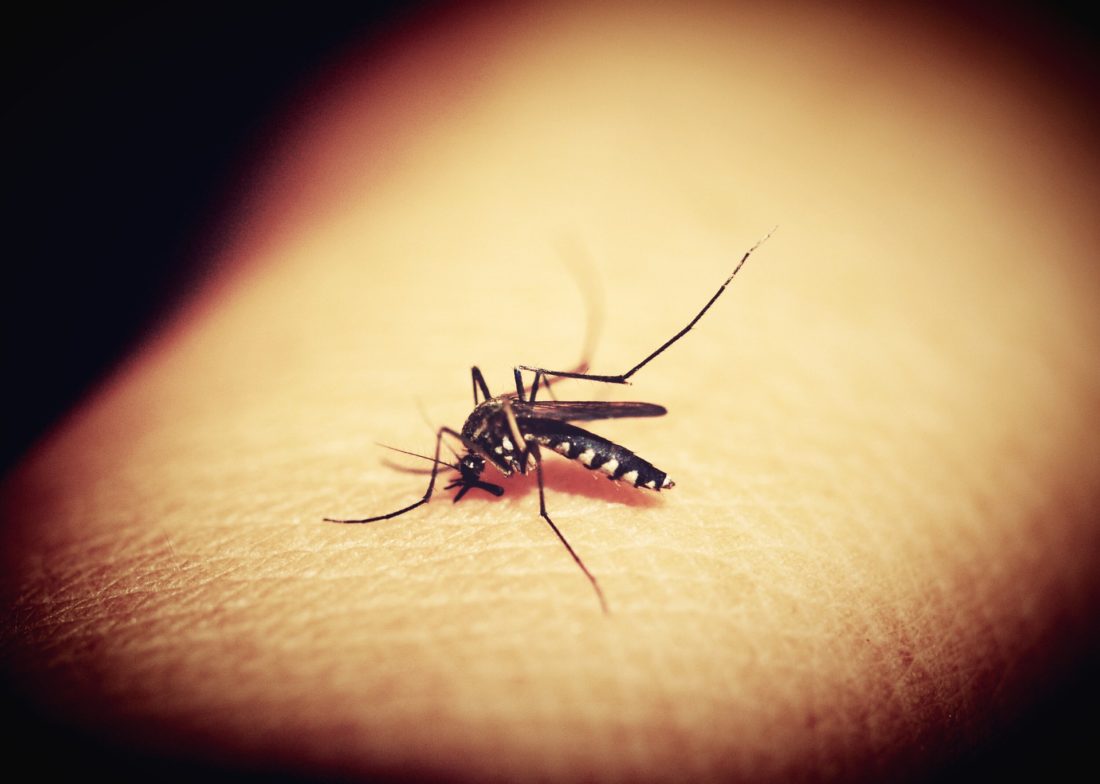Zietchick Research Institute: How Zika Can Affect Your Health
 When you go for a nature walk outside, you can’t help but to embrace the sunshine, the wind, and even the bird chirps that surround you. One thing you can’t stand? Mosquitoes. The fact that mosquitoes can easily spread the Zika virus may make you dislike these blood-sucking creatures even more. Here’s a rundown on the Zika virus and how it can affect your health in a number of ways, according to the Zietchick Research Institute.
When you go for a nature walk outside, you can’t help but to embrace the sunshine, the wind, and even the bird chirps that surround you. One thing you can’t stand? Mosquitoes. The fact that mosquitoes can easily spread the Zika virus may make you dislike these blood-sucking creatures even more. Here’s a rundown on the Zika virus and how it can affect your health in a number of ways, according to the Zietchick Research Institute.
Aedes mosquitoes are known to carry the Zika virus, which originated in Africa (many years ago) and ended up spreading to the United States (US) as well as Central America, South America, and Micronesia in more recent years. Increasingly globalized travel combined with climate change is being held responsible for the spread of this disease. In 2016 and 2017, individuals contracted Zika from mosquitoes in Florida and Texas. Fortunately, at the current time (October 2019), there is no current local transmission of Zika virus in the continental United States. However, Zika continues to be a problem in many parts of the world. If you are planning international travel, consult the CDC website to find out if Zika-carrying mosquitoes are located at your destination.
The majority of adults whom Zika infects don’t develop any symptoms. However, for the 20% who are infected, most of them feel as though they have contracted the flu for one week to 10 days. Their symptoms may range from body soreness and muscle pain to nausea, rashes, headache, and fever. In addition, this virus is especially dangerous to fetuses, particularly in a woman’s first trimester, as it can lead to birth defects. These potential defects include neurological disorders, vision impairment, and hearing loss.
Speaking of eye complications, , Zika can also cause conjunctivitis in adults. This condition, more commonly known as pink eye, is characterized by eye redness, swelling, and itching. However, some patients with Zika-induced conjunctivitis may end up suffering from chronic retina swelling; this can can have a negative impact on their vision long term. For these reasons,it is best to consult with your eye care specialist in addition to your regular health care provider, if you develop any eye symptoms after Zika-exposure.